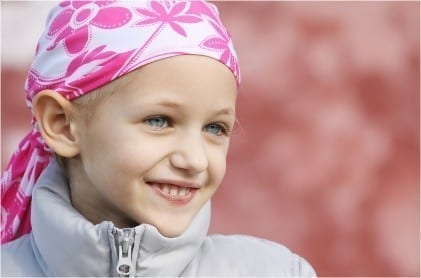Finlay Carnell is an 8year old British Boy. He is one of 100 Brits that suffer from congenital central hypoventilation syndrome (CCHS) it is fatal if untreated.
Acquired central hypoventilation syndrome (ACHS) can develop if there is a severe injury or trauma to the brain or brainstem. Coming after incidents that were traumatic to the brain makes it easier to detect and doctors look out for effects of trauma. Congenital cases however are very rare and involve a failure of autonomic control of breathing. The brain simply fails to command the body to breathe. When someone stops breathing it’s called apnea. Apnea will happen to all those suffering from both syndromes when asleep. But Finlay’s breathing can stop in the middle of an activity when he concentrates too much.
Finlay uses a respirator that makes him breathe when asleep and when he does something requiring concentration. Finlay’s mother Amanda explains what life is like in the shadow of this potentially fatal syndrome. “We try to make sure he lives a normal life and we’re determined that this syndrome affect him as little as possible. If he tries concentrating too much when watching television he can stop breathing.
Finlay, Amanda’s firstborn was born after a perfectly normal pregnancy. “Within 20 seconds after birth he turned blue. The midwife said it was a traumatic birth but I felt it was something more serious,” says Amanda. He was on a respirator from that moment on but every time the doctors tried removing him from the respirator he stopped breathing and turned blue. At 5 weeks old the doctors figured out that CCHS was the cause of this.
Without treatment CCHS is generally fatal and it can occur in 1 out of 200,000 births. Most of those who suffer from CCHS have a mutation in the PHOX2B gene which is necessary for the proper development of the autonomic nervous system responsible for breathing and other involuntary functions the body does on its own without conscious intervention. Treatment for CCHS is a respirator or a pacemaker that electrically stimulates movement of the diaphragm.
We can see how important it is to thank G-d for the fact that we can breathe easily without thinking about it, and we should thank him for each and every breath! “Every soul will praise the Lord Halleu-ya, (which our sages say also means) every breath will praise the Lord Hallelu-ya.”





